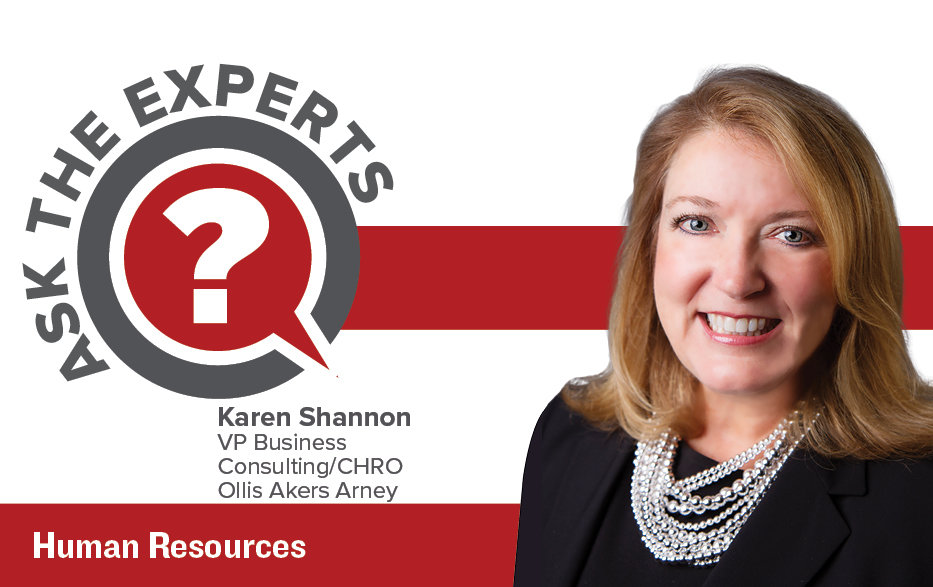When is EE0-1 data reporting due to the EEOC?
The 2023 EE0-1 data collection platform, for covered employers, will open on Tuesday, April 30, 2024. The online Filer Support Message Center (filer help desk) will also be available beginning April 30. The deadline to file the data is Tuesday, June 4, 2024.
How do I designate an independent contractor?
Any suggestions for complying with the PUMP Act in my restaurant?
Could I be considered a joint employer of my temporary workers?
The National Labor Relations Board published its final rule on the standard for determining joint-employer status. Under the new final rule, an entity may be considered a joint employer of another employer’s employees if they share or co-determine employees’ essential terms and conditions of employment such as wages, benefits, hours of work and scheduling, assignment of duties, supervision of performance, among other factors.
What are the trends around pay transparency?
Today’s workers want to know what they’ll be paid before interviewing and that they are being compensated fairly compared to their colleagues. Employees also want to clearly understand their career development potential. Some states have passed pay transparency laws requiring the disclosure of salary in job postings while others require it only upon request. Many states and municipalities are joining this movement and it has become a top compensation trend.
What is the proposed new minimum salary for white collar exemptions?
The minimum salary for white collar exemptions under the Fair Labor Standards Act is proposed to go from $35,568 to $55,068. The proposed change would not change the job duties test for any exemption. The Department of Labor proposal would automatically update the white-collar salary level thresholds automatically every three years. These proposed changes are expected to take effect in early 2024.
How are catch-up contributions impacted by SECURE 2.0?
Under SECURE 2.0, earners making $145,000 or more were required to make catch-up contributions to employer-sponsored retirement plans, like a 401(k), on a Roth basis rather than pretax contributions effective January 1, 2024. That has been delayed to January 1, 2026.
Why is the person I hired nothing like the person that I interviewed?
Specific interviewing techniques, particularly behavior-based interviewing, have been found to have a substantial impact on the results of hiring. Equally important is to consider motivational fit related to your organization’s culture and core values. Join our seminar on November 7 and 8 to learn the art of behavior-based interviewing and how to conduct legally defensible interviews.
What is the Roth Catch-Up Contribution change?
Is there a new I-9 form?
Yes, the United States Citizenship and Immigration Services (USCIS) announced a new Form I-9, which has been streamlined and shortened, that employers should begin using August 1, 2023. Employers may use the older form (Rev. 10/21/19) through October 31, 2023. The Department of Homeland Security (DHS) also issued a final rule that allows employers to implement remote document examination, meeting the needs of today’s remote workforce.
Have you ever been convicted of a crime?
How do I handle a positive marijuana drug test? What should I avoid saying in a termination meeting? Join our "Navigating the HR Jungle" seminar on August 1 to learn about federal and state regulations, lawful interviewing, taking corrective action, workplace harassment, employee privacy, pay transparency and other human resources hot topics.








